QuestionWe have three rabbits in our home. Recently our dwarf started drooling and would stop eating right in the middle of a feed and sit in a position like a "hen warming her eggs" (which usually means there is some pain. We took her to the vet and found that she has cavities in her molars. The vet had not seen this before an recommended taking Metacam and to watch to see if the cavities wear way with normal tooth wear. We have watched here for 4 days now and there doesn't seem to be too much improvement. What can we to for this little one? How do you fix cavities in a rabbit? Bill
AnswerDear Bill,
I would be extremely surprised if she had true cavities, because rabbits are hypsodonts: their teeth grow continually, and FAST. So any cavities should grow out within a matter of a week or two.
If she actually has cavities, then there could be a disease process going on in her jaw bone, which would be of greatest concern. A jaw abscess could cause abnormal growth or deterioration of the molars. Medical treatment with antibiotics is the first line of defense, and it's best if a sample of pus can be taken for culture and sensitivity:
www.bio.miami.edu/hare/culture.html
That will tell you if the bacteria causing the infection (if this is an infection) are sensitive to any of the most effective, rabbit-safe antibiotics. We have found that a combination of zeniquin (marbofloxacin) and injectible bicillin can really help with a jaw abscess, if that's what this is. Please also read:
www.bio.miami.edu/hare/dental.html
and
www.bio.miami.edu/hare/jawabscess.html
In some cases, the teeth just can't be saved, and it's sometimes best to simply remove them from the root (so they do not grow back, if the root is infected and prone to grow deformed, rotting teeth). This is a last resort, but a bunny can live a happy life with no teeth if given pureed food and Critical Care mush that he doesn't have to chew.
You don't say how old your bunny is, but this problem is far more prevalent in older rabbits (5 years and over) and in short-faced breeds such as lops and dwarf rabbits.
If you are not sure your present vet is a rabbit expert (and if he didn't know rabbits are hypsodonts, then I'd have to wonder...), then please find another vet here for a second opinion:
www.rabbit.org/vets
I hope this helps get your bunny on the road to recovery.
Dana

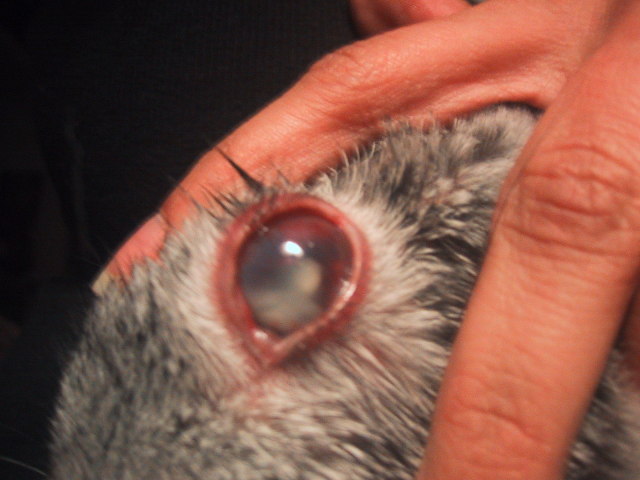 EXTREMELY concerning eye problem
QuestionTinkerbells Cloudy Ey
QUESTION: Dana,
M
EXTREMELY concerning eye problem
QuestionTinkerbells Cloudy Ey
QUESTION: Dana,
M
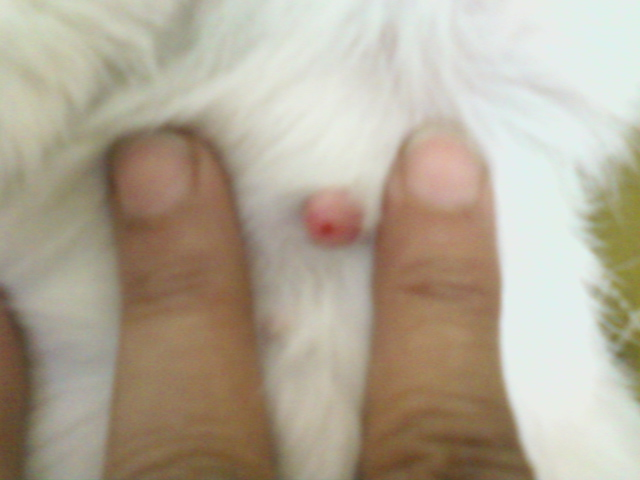 rabbit mammary gland problem
Question
Rabbit Rabbit1
Hi, I am from Indi
rabbit mammary gland problem
Question
Rabbit Rabbit1
Hi, I am from Indi
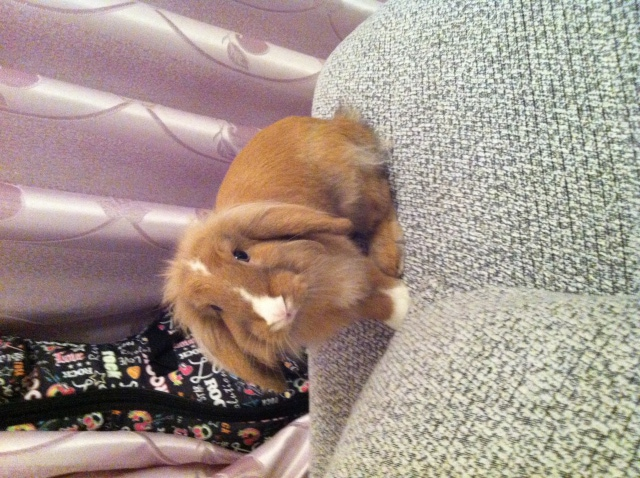 My rabbits diet
QuestionChocolate
QUESTION: Hi cat.. I have a mi
My rabbits diet
QuestionChocolate
QUESTION: Hi cat.. I have a mi
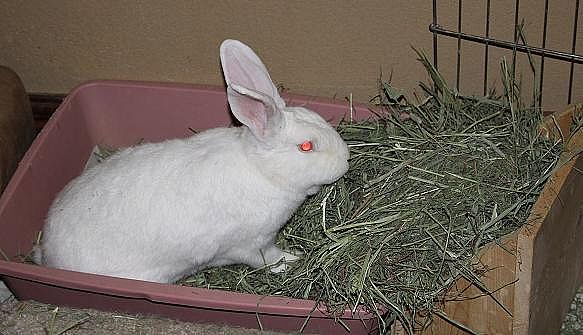 reply
Questionpregnant rabbit like s
QUESTION: she eat
reply
Questionpregnant rabbit like s
QUESTION: she eat
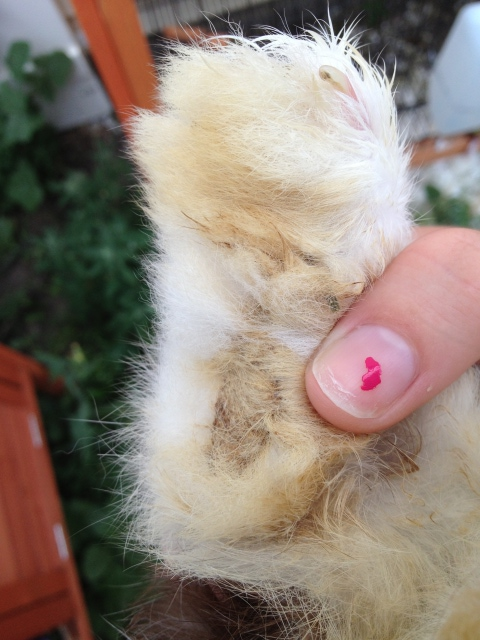 Sore hock HELP!
Question
Foot
Hey guys,
I bought this rabbit in
Sore hock HELP!
Question
Foot
Hey guys,
I bought this rabbit in